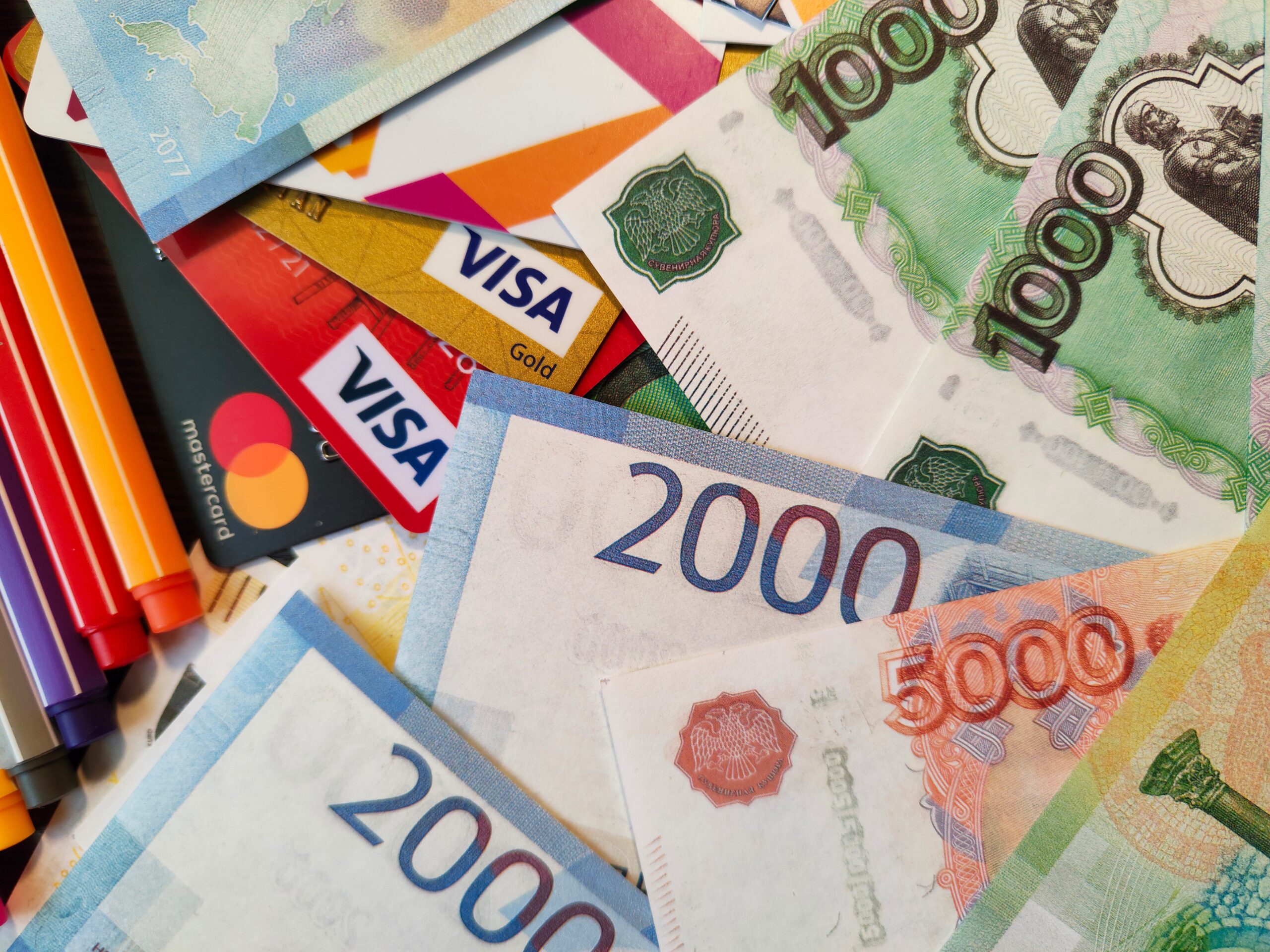Everything I Need to Know About Banking
why Everything I Need To Know About Banking because Banking is a system of financial institutions that provides various services to individuals, businesses, and governments. Banking is essential for the economy, as it facilitates the flow of money and enables economic activities. Here are some of the main aspects You Need to Know About Banking.
Choosing a Bank Account
Choosing the right bank account is an important first step in your banking relationship. There are several key factors to consider when opening a new account. There are several types of bank accounts to choose from
Checking Accounts
Used for everyday spending and transactions. Offer features like debit cards, online banking, and mobile check deposits. For everyday transactions and expenses.
Savings Accounts
Allow you to earn interest on your money. Useful for building emergency funds and saving for the future.
Money Market Accounts
Earn higher interest rates than savings accounts, but require higher minimum balances.
Certificates of Deposit (CDs)
Lock in a fixed interest rate for a set period, usually 3 months to 5 years.

Fees
- Monthly maintenance fees – Charged if you don’t meet account balance minimums.
- Overdraft fees – Charged if you overdraw your account. Opt for overdraft protection.
- ATM fees – Using an ATM outside the bank’s network often incurs fees.
Interest Rates
- Compare interest rates on savings accounts and CDs across banks. Higher rates will help your money grow faster.
Bank Locations and ATMs
- Consider branch and ATM locations for convenient access to in-person services.
- Evaluate the bank’s online banking platform and mobile app for ease of use.
Customer Service
- Test customer service by calling or chatting to get questions answered. Responsive support is key.

Applying for Loans
Banks provide financing for major purchases through loans:
Mortgage Loans
Long-term loans for purchasing real estate. Offered at fixed or adjustable interest rates.
Auto Loans
For buying new or used vehicles. Interest rate based on the amount borrowed and credit score.
Personal Loans
Can be used for debt consolidation, renovations, or other large expenses.
Things to know about credit cards:
– APR – Annual Percentage Rate, the interest charged on balances
– Credit limit – Maximum you can charge on the card
– Grace period – Time to pay balance before interest kicks in
Use credit responsibly over time to build your credit score. Makes getting approved for loans easier.
Conclusion
Banking plays an integral role in managing personal finances and achieving financial goals. The right bank accounts, loans, credit cards, and financial habits are key to building wealth. This post provided an overview of the core banking products and services that everyone should understand. While the basics were covered, banking knowledge is a lifelong process.
Continue learning as new technologies and options emerge. Use banking tools judiciously based on your evolving needs and abilities. With the proper foundation of banking knowledge, you can make informed decisions to manage your money effectively. Banking may seem complex initially but is quite accessible. Approach it step-by-step, ask questions when unsure, and use banking to pave the path to financial security.
